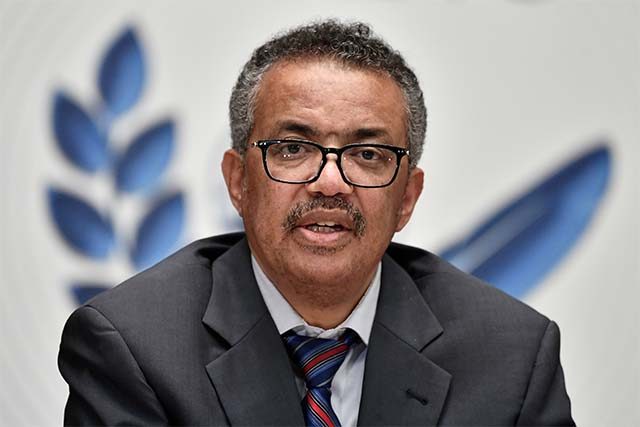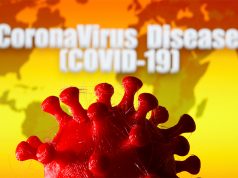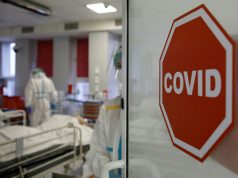
GENEVA/ZURICH — The World Health Organization (WHO) reiterated its advice on Thursday that resources permitting, people exposed to the novel coronavirus should be tested even if they do not show immediate symptoms of infection.
The comments come after the U.S. Centers for Disease Control and Prevention (CDC) said this week that people exposed to COVID-19 but not symptomatic may not need to be tested, surprising doctors and politicians and prompting accusations the guidance was politically motivated.
Maria Van Kerkhove, a WHO epidemiologist, said the UN agency recommended suspected cases and their contacts be tested, if possible, but the focus should be on people displaying signs of infection.
“Our recommendations are to test suspect cases, and we have definitions for those. We have definitions of contacts, and who contacts are of confirmed cases, and make recommendations that contacts, if feasible, should be tested regardless of the development of symptoms,” Van Kerkhove told a news briefing. “The focus, though, is on those that do develop symptoms.”
Mike Ryan, head of WHO’s emergencies program, said there was a rationale for testing asymptomatic or pre-symptomatic people, in particular where clusters of infections were emerging, but that broad population testing was costly and unrealistic.
“It absorbs huge amounts of resources,” Ryan said. “So we need to focus on testing the right individuals, we need to focus on maximizing the testing in the clusters, and we need to focus on the quality of the testing, and the speed of the turnaround.”
WHO director-general Tedros Adhanom Ghebreyesus said an international mission the agency is organizing to travel to China to investigate the virus’s origin would go to Wuhan, where the first infections were detected late last year. Tedros added that an advance team that went to Beijing in July had been in touch with the Wuhan Institute of Virology. —Reporting by Stephanie Nebahay in Geneva and John Miller in Zurich, writing by Josephine Mason in London, editing by Alexandra Hudson









